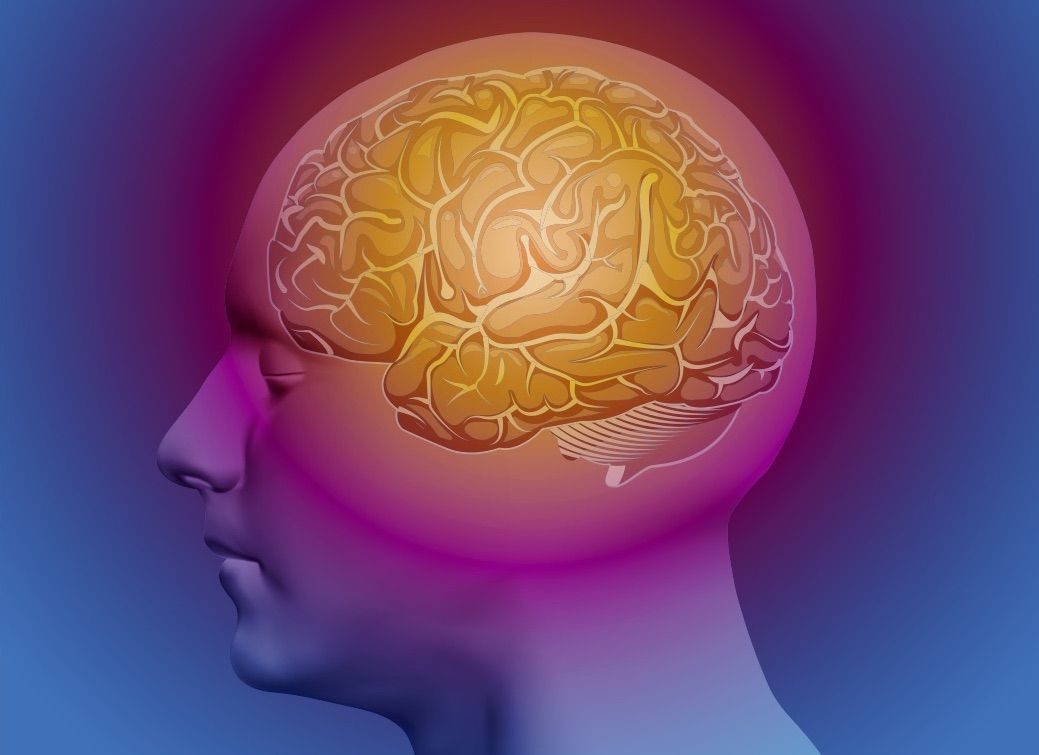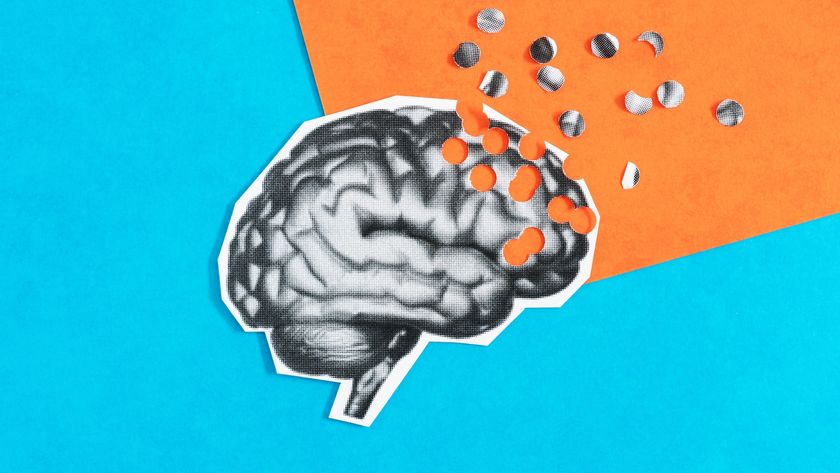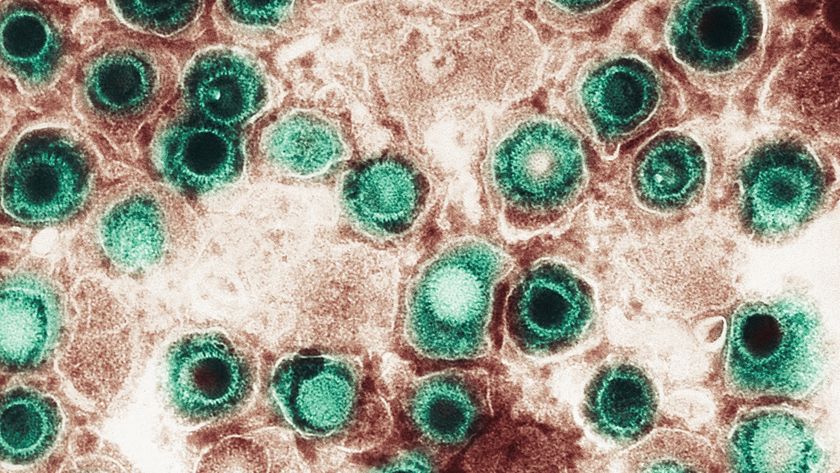Head Trauma Linked to Same 'Plaques' Seen in Alzheimer's

People with brain injuries from trauma to the head may have a buildup of the same plaques seen in people with Alzheimer's disease in their brains, a small, new study suggests.
Moreover, the areas of the brain where the plaques were found in people with brain injuries overlapped with the areas where plaques are usually found in people with Alzheimer's. However, the people with the brain injuries also had plaques in some other brain areas, the researchers said.
"People, after a head injury, are more likely to develop dementia, but it isn’t clear why," study co-author David Sharp, a neurology professor at Imperial College London in the United Kingdom, said in a statement. "Our findings suggest [that traumatic brain injury] leads to the development of the plaques which are a well-known feature of Alzheimer’s disease."
In the new study, the researchers scanned the brains of nine people who all had a single traumatic brain injury (TBI) that was moderate to severe. The average age of the people in the study was 40, and their brain injuries occurred between 11 months and 17 years before the start of the study. For comparison, the researchers also scanned the brains of nine people without a TBI and the brains of 10 people with Alzheimer's disease.
The researchers found that both the people with brain injuries and the people with Alzheimer's disease had plaques in a brain area called the posterior cingulate cortex, which is affected in the early stages of Alzheimer's. [10 Ways to Keep Your Mind Sharp ]
However, only the people with brain injuries had plaques in the brain's cerebellum, according to the study, published today (Feb. 3) in the journal Neurology.
Moreover, the buildup of the plaques was greater in the patients with brain injuries who had more damage to the brain’s white matter, the researchers found.
Sign up for the Live Science daily newsletter now
Get the world’s most fascinating discoveries delivered straight to your inbox.
These findings suggests that "plaques are triggered by a different mechanism after a traumatic brain injury," than they are in people with Alzheimer's, Sharp said. "The damage to the brain’s white matter at the time of the injury may act as a trigger for plaque production."
In the study, the researchers also examined the subjects' thinking abilities. They found that the people with brain injuries performed worse on tests of attention, information-processing speed and cognitive flexibility, compared with age-matched people in the control group.
"The patients we studied here had a single, moderate-severe traumatic brain injury, for example, from motor vehicle accidents," said lead study author Dr. Gregory Scott, a clinical research fellow who is also with Imperial College London. "Our results suggest the consequences of such an injury can be very prolonged and potentially lead to [the] development of dementia," he told Live Science.
"If a link between brain injury and later Alzheimer’s disease is confirmed in larger studies, neurologists may be able to find prevention and treatment strategies to stave off the disease earlier," Sharp said.
Over the past decade, the rate of visits to emergency departments due to traumatic brain injury has increased by 70 percent, and "was estimated in 2010 at a staggering 2.5 million visits," neuroscience researchers Ansgar J. Furst of Stanford University School of Medicine and Erin D. Bigler of Brigham Young University, who were not involved in the study, wrote in a related editorial.
According to some estimates, 3 to 5 million people in the United States live with disabilities related to TBIs, they said in their editorial.
Furst and Bigler noted that, though the new findings are exciting, the number of people with TBI in the current study was small, and therefore more research is needed to confirm the results.
Follow Agata Blaszczak-Boxe on Twitter. Follow Live Science @livescience, Facebook & Google+. Originally published on Live Science.













